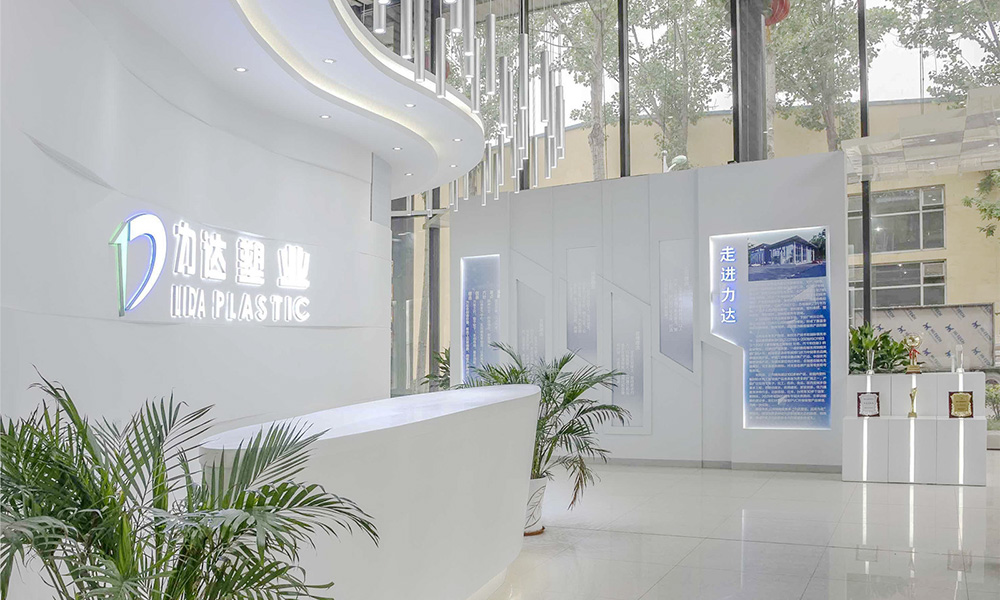Nov . 11, 2024 23:13 Back to list
hdpe black pipe
Understanding HDPE Black Pipe A Versatile Solution for Various Applications
High-Density Polyethylene (HDPE) black pipe has become increasingly popular in various industries due to its unique blend of flexibility, durability, and resistance to environmental factors. This article delves into the characteristics, applications, advantages, and considerations of using HDPE black pipe in different settings.
What is HDPE Black Pipe?
HDPE is a thermoplastic polymer made from petroleum, known for its high strength-to-density ratio. Typically available in a black color due to the inclusion of carbon black as a UV stabilizer, HDPE black pipe is widely recognized for its toughness and resilience. The carbon black not only enhances its resistance to sunlight but also contributes to its durability in harsh conditions, including extreme temperatures and various chemical environments.
Key Characteristics
1. Durability HDPE black pipe is designed to withstand heavy loads and resist impacts. Its flexible nature allows it to endure ground movement without cracking, making it an ideal choice for applications that require a material that can handle stress and strain.
2. Corrosion Resistance Unlike traditional metal pipes, HDPE does not corrode or rust, which extends its lifespan and reduces maintenance costs. This property makes it suitable for transporting a variety of substances, including water, gases, and chemicals.
3. Lightweight Compared to metal pipes, HDPE black pipe is much lighter, making transportation and installation easier and more cost-effective. Its light weight is a significant advantage in reducing labor costs associated with the handling and installation processes.
4. Chemical Resistance HDPE black pipe can resist a wide array of chemicals, including acids, bases, and solvents. This characteristic makes it a preferred choice in industrial applications where chemical exposure is a concern.
5. Low Friction The smooth inner surface of HDPE pipes allows for faster flow rates and reduces the energy consumption associated with pumping fluids through the pipe. This property can lead to lower operating costs over time.
Applications of HDPE Black Pipe
HDPE black pipe is utilized in an array of applications across different sectors, including
- Water Supply Systems From municipal water systems to agricultural irrigation, HDPE black pipe is widely used for transporting potable water due to its safety and reliability.
hdpe black pipe

- Natural Gas Distribution Its robustness makes it an excellent choice for natural gas distribution networks, where it can withstand the pressures involved without any risk of leaking.
- Sewage and Waste Management In sewer and waste management systems, the resistance to corrosion and heavy-duty functionality of HDPE black pipe helps ensure efficient and reliable waste transport.
- Industrial Applications Many industries opt for HDPE black pipe for chemical processing and distribution due to its impervious nature to various solvents and chemicals.
Advantages of Using HDPE Black Pipe
- Cost-Effectiveness While the initial cost may be on par with other piping materials, the long-term savings due to durability, lower maintenance, and installation costs make HDPE black pipe a financially sound choice.
- Environmental Resistance The UV stabilization provided by its black color allows HDPE pipes to be used in outdoor applications without fear of degradation from sunlight exposure.
- Sustainability HDPE is recyclable and can be reused in various applications, making it an environmentally friendly option in the construction and plumbing industries.
Considerations
While HDPE black pipe offers many advantages, there are some considerations to keep in mind
- Temperature Limitations Although HDPE can withstand various temperatures, excessive heat can compromise its integrity. Therefore, care should be taken in high-temperature applications.
- Jointing Techniques Proper joining methods, such as heat fusion and electrofusion, are crucial to ensure that the joints are secure and leak-proof.
Conclusion
HDPE black pipe emerges as a versatile, durable, and cost-effective solution for a multitude of applications across various sectors. With its impressive range of characteristics, it serves as an excellent alternative to traditional materials, marking its importance in modern infrastructure and industrial processes. As industries continue to seek sustainable and efficient solutions, HDPE black pipe is poised to play a vital role in shaping the future of piping technologies.
-
High-Quality PPR Pipes and Fittings Durable ERA PPR & PVC PPR Solutions
NewsJul.08,2025
-
Black HDPE Cutting Board - Durable, Non-Porous & Food Safe HDPE Plastic Cutting Board
NewsJul.08,2025
-
High-Quality CPVC Panel Durable HDPE & PVC Panels Supplier
NewsJul.08,2025
-
Double PE Welding Rod Supplier - High Strength, Durable & Versatile Welding Solutions
NewsJul.07,2025
-
High-Quality PVC-O Pipe Supplier Durable 75mm PVC Pipe & Connections Leading PVC Pipe Company
NewsJul.07,2025
-
HDPE Drainage Pipe Supplier – Durable & Corrosion-Resistant Solutions
NewsJul.06,2025

